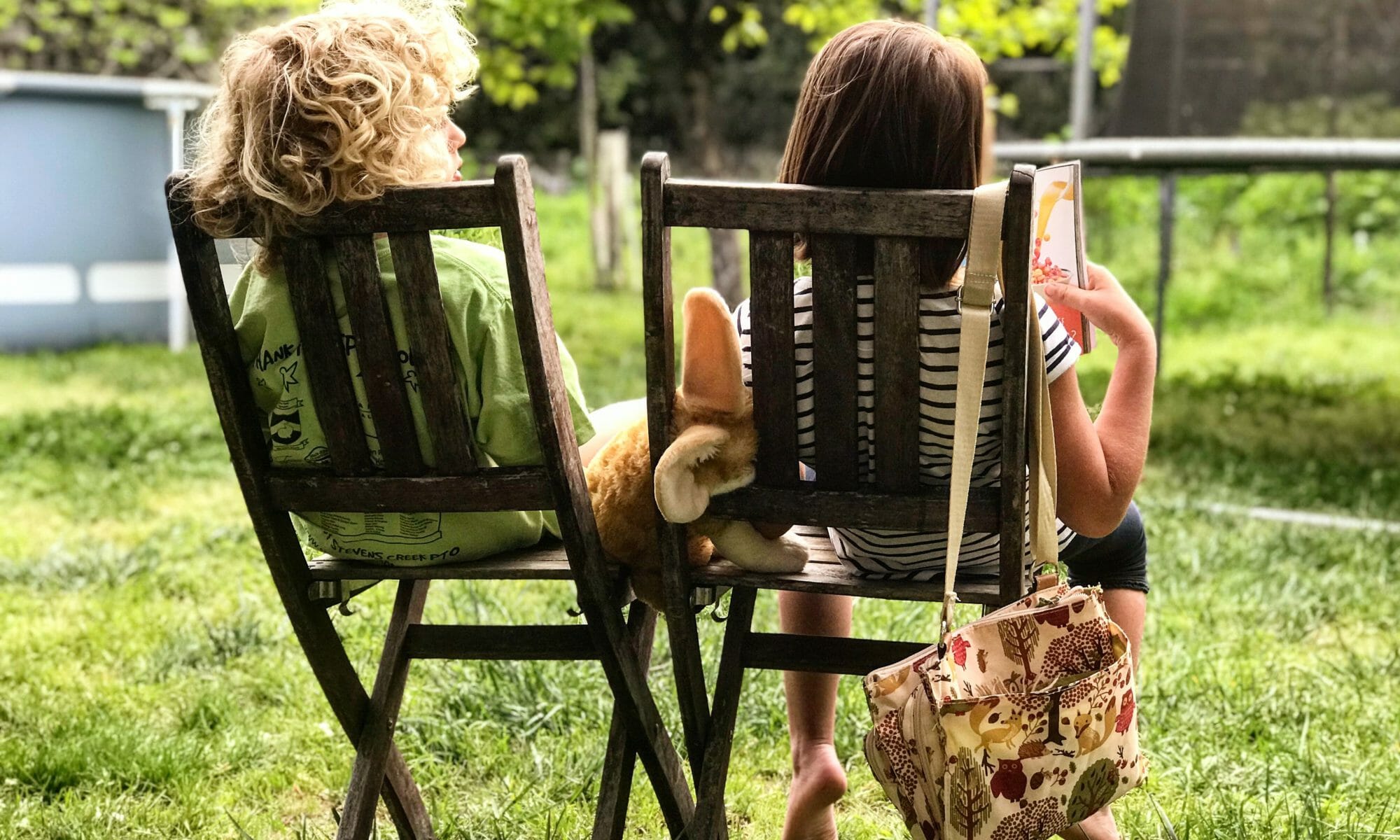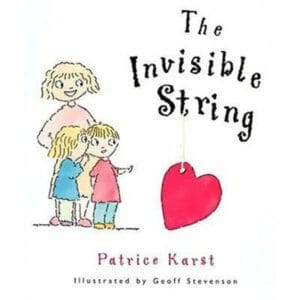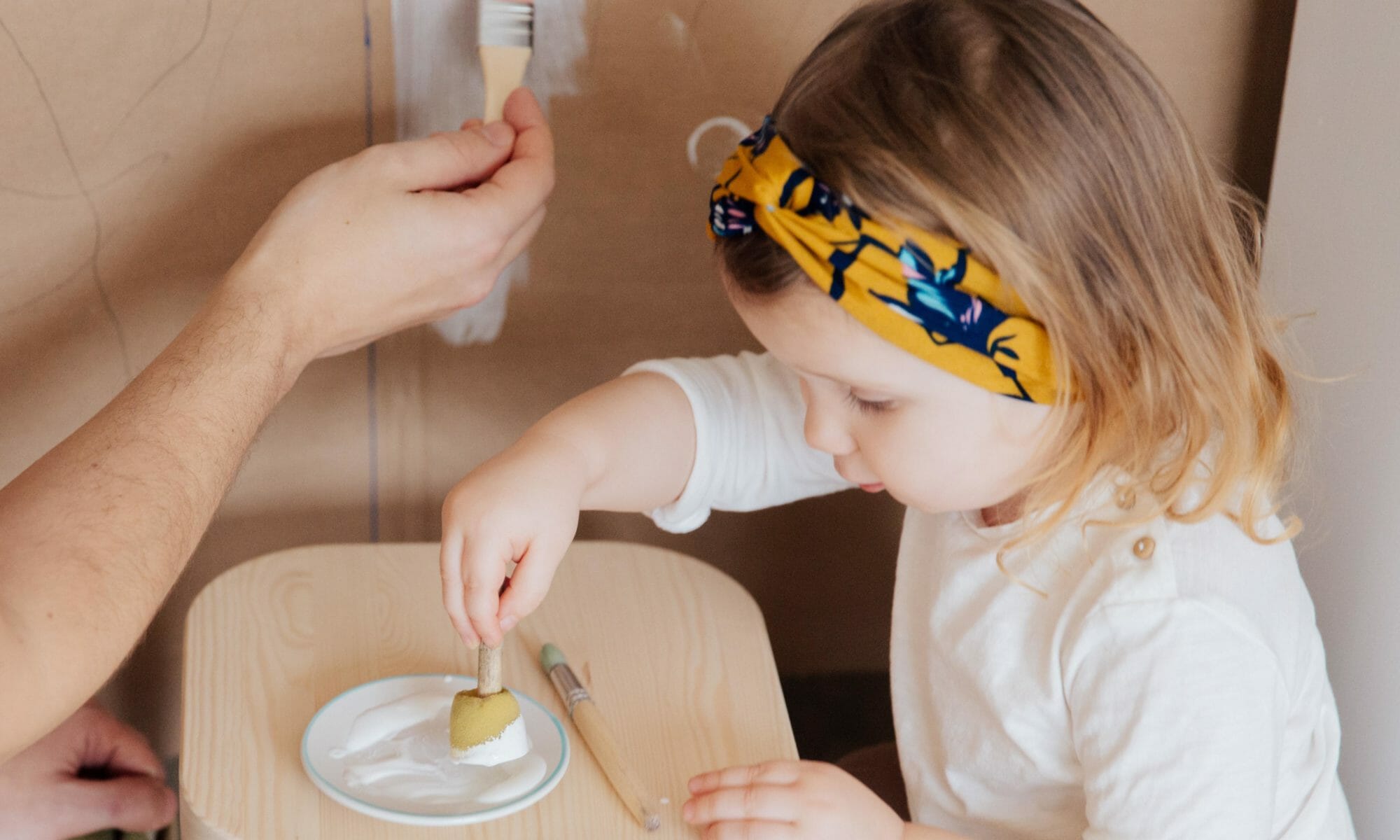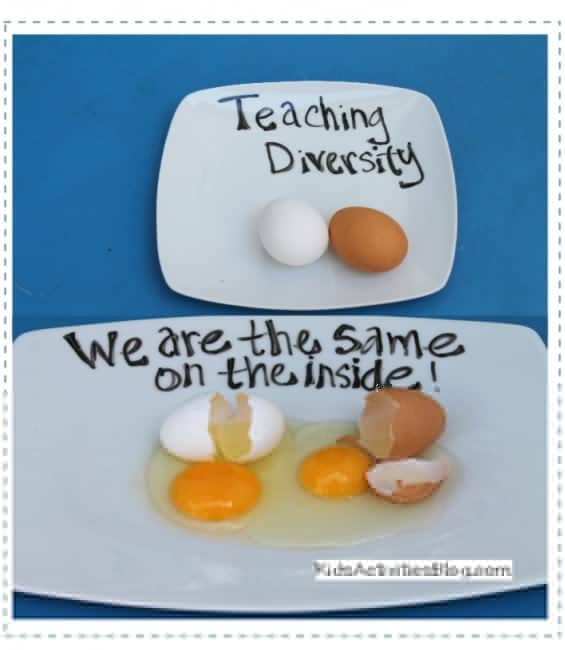If you’re part of a two-household family, you’re probably intimately familiar with the struggles of holidays.
Whose house do we celebrate at? Do holiday plans conflict with the schedules of kids’ extracurriculars or the co-parenting schedule?
As a child of separated parents, you have your own difficulties. You want your parents to feel equally appreciated and loved, but it can be hard sometimes to show how much you care.
As a divorced or separated mother, you want to encourage a healthy relationship between your children and ex-husband. Helping them put together a memorable Father’s Day is a great way to do that.
On average, people spend $139 on a Father’s Day gift, but 45% of dads say that they want something unique. You don’t need to break the bank to give Dad exactly what he wants.
A handmade gift lets your father know that you gave time, thought, and hard work to their present. This Father’s Day, show your dad how much you appreciate him in these trying circumstances with one of these DIY gifts.
For the Home
Whether Dad lives with the kids or by himself, he’ll appreciate anything that makes life around the home a little easier or brighter to look at. These fun gift ideas will make him think of you whenever you can’t be with him.
Wondering how often the kids should be away? Check out this helpful guide.
Air Fresheners
Nothing says home like a fresh scent as soon as you walk in the door. Fill spray bottles with 2 cups of water, about 25 drops of essential oil in Dad’s favorite scent, and 2 tablespoons of baking soda.
A couple of sprays around the room make all the difference, and a spray is much safer than a candle. This gift is personalized and useful, and dad is sure to love its comforting smell.
Heart Thumbprint Magnets
Your dad has probably received numerous drawings from his children, and he wants to display them all. The refrigerator door is a classic spot for drawings, but he’ll need magnets.
These glass thumbprint magnets are easy to make with supplies from your local craft store – ink pads, a permanent marker, class gems, glue, and ceramic magnets.
Make pictures of Dad’s favorite animals, sports teams logos, or a simple heart as a representation of your love.
Popsicle Stick Photo Frame
No family home is complete (whether a split home or not) without family photos. Make sure to take a couple on your next outing with Dad
Popsicle sticks glued together to make a base with the photo pasted on top make the perfect “made it myself” photo frame. Decorate with colored markers, glitter, stickers, and anything else you can find to complete.
Vinyl Record Bowl
Is your dad a music buff? Maybe there’s a specific song that means a lot to you together. A scratched record of significance can be turned into a beautiful gift bowl with these easy steps.
Find a vinyl record (preferably with some damage already done) at a thrift shop or online. Preheat your oven to 200 degrees. Stack an oven-safe bowl on a cookie sheet and put the record on top of the bowl in the oven.
Leave it in the oven for about 10 minutes. Take out the vinyl and help press the shape exactly how you want it. Place back in the oven for another 5-10 minutes.
Take the vinyl out again and press the now malleable material into the bowl to create your desired shape.
Let the vinyl cool, and you should have a very special catch-all bowl or candy dish to give to your dad.
Tie Rack
Put your hammering skills to use by making Dad an easy tie rack. Simply take a board of wood and hammer nails in an orderly fashion in the front. Attached a wall fastener to the back and voila! Easy organization for your hardworking dad.
No-Sew Throw Blanket
Throw blankets are easier to make than many people realize – no sewing skills required!
Simply purchase two sheets of fleece from the fabric store in the size and pattern of your preference. Cut out a five by five square from each corner.
With the sheets laid on top of each other cut a fringe a little wider than your finger. Go along the fringe tying the pieces with a double knot to each other to create a no-sew hem.
Now, dad has a lovingly made blanket to put over his legs as he reads or watches TV at night.
For the Kitchen
Is your dad handy in the kitchen? Or maybe he just loves to eat! These father’s day gifts are sure to make him smile whether he uses them to make his own creations or chows down on yours.
Homemade Orange Bitters
An Old Fashioned is a classic Dad Drink. It’s a mix of strong and sweet (just like him) and easy to make at home if you have the right ingredients.
Check out this recipe for orange bitters – a key component of an Old Fashioned and many other delicious cocktails. It’s made with natural and fresh ingredients for a stronger, better taste.
Barbecue Rubs
Father’s Day means that summer is just around the corner. Help Dad get ahead with his summer barbecue plans by making him a signature meat rub.
Experiment with ingredients like brown sugar, salt, pepper, paprika, cayenne, garlic, onion, and mustard til you get something that smells delicious. Maybe throw in a secret ingredient you know he loves (like chili powder!).
Infused Olive Oil
Another great option if your dad loves to cook is infused olive oils. They can be used as a marinade, on top of pasta or salad, or to dip bread in.
You can find recipes here for garlic chili, lemon, and rosemary-infused olive oils.
Homemade Cookies
If your dad isn’t so much the kind to cook and more the kind to eat, you can’t go wrong with homemade cookies.
Choose a recipe that you’re comfortable with and ice the tops with “dad” in a heart to get the message across. Fil a box with tissue paper and arrange the cookies nicely inside for a snack you can share on Father’s Day.
Pickles
Does Dad prefer a savory snack? Pickles are easy to make and satisfy that umami craving.
Slice cucumbers and put them into a jar with vinegar, dill, room temperature water, garlic, salt, and a little sugar. Close up tight and allow to brine.
For Hobbies and Work
Your dad is thinking about you all the time – at home, at work, and at his hobbies. These gifts will help you contribute to those aspects of his life where he may not get to see you.
Bottle Cap Fishing Lures
Did you know that you can make a functional fishing lure for Dad without any expert knowledge?
With this easy guide, you can! Choose caps from your dad’s favorite beer, or if you’re of legal drinking age gather them up the next time you and he share a cold one.
Customized Planner
A busy man like your dad could use a helpful planner, and seeing one that’s personalized by you will make him smile every time he uses it.
Buy a plain planner at an office supply store. Decorate the front with paint pens and leave loving notes in corners where he may not expect them.
Does your dad use his phone more than paper and pen? Encourage him to try this interactive calendar for separated parents.
Eyeglass Case
If your dad wears glasses, a new case makes a thoughtful gift. You can even make it out of an old favorite tie that he recently got a stain on.
Take an old tie and place a pair of glasses on top. Fold up the bottom of the tie so that the fabric covers the glass. Cut off the excess and finish the edge with a whipstitch.
Then, open up the center seam. Sew the two sides of the center seam to the out edges of the folded tie to create a pouch. Finish off with a bit of velcro to the body of the pouch and the point of the tie.
Customized Playing Cards
Is your dad a fan of card games? Give him a gift to show off to all his friends on Poker Night with customized playing cards.
Choose your favorite photo of the two of you together, and use this site to instantly upload and order your own deck of playing cards.
If cards aren’t his thing, there are lots of other print options available such as photo books, drink tumblers, mousepads, and calendars.
For Preening
Your dad is a handsome guy! He deserves to look and feel his best this Father’s Day.
PreShave Oil
While many men skip preshave oil, it’s a great way to avoid ingrown hairs and skin irritation. Once your dad receives this homemade version from you, he may never want to go without it again. It’ll leave him with the cleanest shave he’s ever had.
To make it, combine 3 oz of castor oil, 1 oz of olive oil, and 5 drops of Vitamin E oil in a glass bottle. Swirl to mix.
Include some handwritten instructions for a personal touch. Your dad should apply just a few drops on his hands and then rub them onto his facial hair. Let it sit for a minute to soften the hair before shaving as normal.
Shaving Cream
Speaking of shaving, you could make your dad a whole shaving kit for Father’s Day. Include the preshave oil, a nice hand towel, and some homemade shaving cream from this recipe.
This is another recipe that you can personalize to his favorite scents to be sure that it’s something he’ll love.
Your dad will feel dapper and loved as he prepares his face for his next work meeting, interview, or date.
Hand Lotion
Your memory and your dad are probably full of times you’ve hugged, held hands, or wiped tears away.
Keep your dad’s hands soft and smelling good with a homemade lotion. If he works with his hands a lot, you can feel good knowing that you’ve given him something to take care of himself.
Cards
You should never underestimate a handwritten card or letter. On its own or alongside another DIY gift, a letter is something that you dad will treasure for his whole life.
Write about your favorite memories with him, your hopes for the future, and an inside joke. A Gallup poll found that 97% of Americans love to receive handwritten mail. So, this is something that your dad will surely love and cherish.
Start the tradition now, and your father will be able to collect letters from you year after year. They could eventually be a beautiful family heirloom to share with your own children.
Separated Parents Can Still Have Great Holidays
Divorce and separation is difficult on both kids and parents, but that doesn’t mean you have to give up on the fun times in life. Father’s Day should still be a celebration of the love between father and child.
Making DIY gifts for Dad shows him that you care and can even be a fun activity to do with Mom. Dad will be sure to appreciate the time and effort put into his gift.
Do you have other worries about navigating co-parenting life? Separated parents have a hard job, but 2houses can make it easier with their planning, scheduling, and communication app.






















